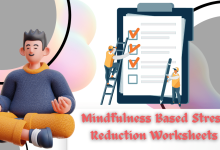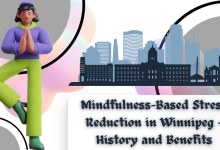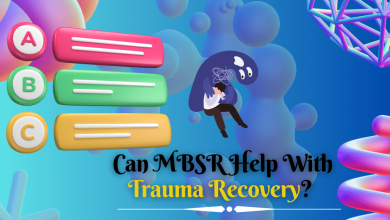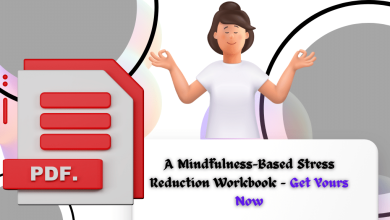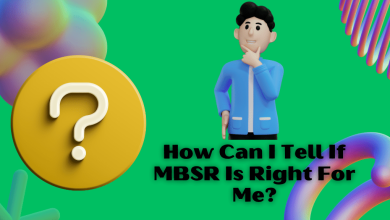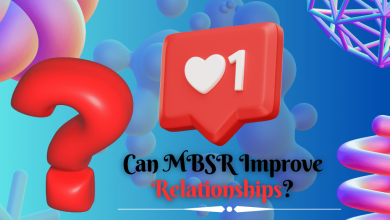What Are The Key Principles Of MBSR?
Mindfulness-Based Stress Reduction (MBSR) is a therapeutic approach that combines mindfulness meditation and yoga to help individuals manage stress, anxiety, chronic pain, and other physical and mental health conditions.
The program was developed in the late 1970s by Dr. Jon Kabat-Zinn, a professor of medicine at the University of Massachusetts Medical School, and has since been adapted and implemented in various settings worldwide.
Mindfulness-Based Stress Reduction (MBSR)
The key principles of MBSR are grounded in mindfulness and include non-judgment, patience, and acceptance.
Here, we will discuss these principles in more detail and provide statistical proof to support their effectiveness.
1. Non-judgment
Non-judgment is a key principle of MBSR, which emphasizes the importance of observing one’s thoughts and feelings without judgment or criticism.
This principle involves cultivating a sense of curiosity and openness toward one’s experiences, rather than reacting with judgment or self-criticism.
Studies have shown that practicing mindfulness meditation can lead to changes in brain activity associated with non-judgment and non-reactivity, which can result in improved emotional regulation and decreased symptoms of anxiety and depression.
For example, a study published in the journal Mindfulness found that participants in an MBSR program reported significant reductions in symptoms of anxiety, depression, and stress compared to a control group.
2. Patience
Patience is another key principle of MBSR, which involves cultivating a sense of openness and acceptance toward the present moment.
This principle encourages individuals to observe their experiences without judgment, allowing themselves to be fully present and accepting of whatever arises at the moment.
Studies have shown that practicing mindfulness meditation can lead to changes in brain activity associated with increased patience and self-control, which can result in improved emotional regulation and decreased symptoms of anxiety and depression.
For example, a study published in the Journal of Consulting and Clinical Psychology found that individuals with chronic pain who participated in an MBSR program reported significant reductions in pain severity and interference, as well as improved emotional functioning.
3. Acceptance
Acceptance is a core principle of MBSR, which emphasizes the importance of accepting oneself and one’s experiences without judgment or resistance.
This principle involves cultivating a sense of self-compassion and acceptance, allowing oneself to be present with one’s experiences without trying to change or control them.
Studies have shown that practicing mindfulness meditation can lead to changes in brain activity associated with increased self-compassion and reduced self-criticism, which can result in improved emotional regulation and decreased symptoms of anxiety and depression.
For example, a study published in the journal Behavioral Research and Therapy found that individuals with a social anxiety disorder who participated in an MBSR program reported significant reductions in anxiety symptoms compared to a control group.
Let’s provide more explanation
Bonus Points
The key principles of MBSR are grounded in mindfulness and emphasize non-judgment, patience, and acceptance.
These principles have been shown to be effective in reducing symptoms of anxiety and depression, improving emotional regulation, and enhancing overall well-being.
Statistical proof of the effectiveness of MBSR is demonstrated through numerous studies that have shown its positive impact on mental and physical health.
For example, a meta-analysis published in the Journal of Psychosomatic Research found that MBSR programs were effective in reducing symptoms of anxiety and depression in patients with chronic medical conditions.
In fact, another study published in the journal Pain found that MBSR was effective in reducing pain severity and interference in patients with chronic pain.
These studies provide strong evidence for the effectiveness of MBSR in improving mental and physical health outcomes and support the continued use and development of this therapeutic approach.
